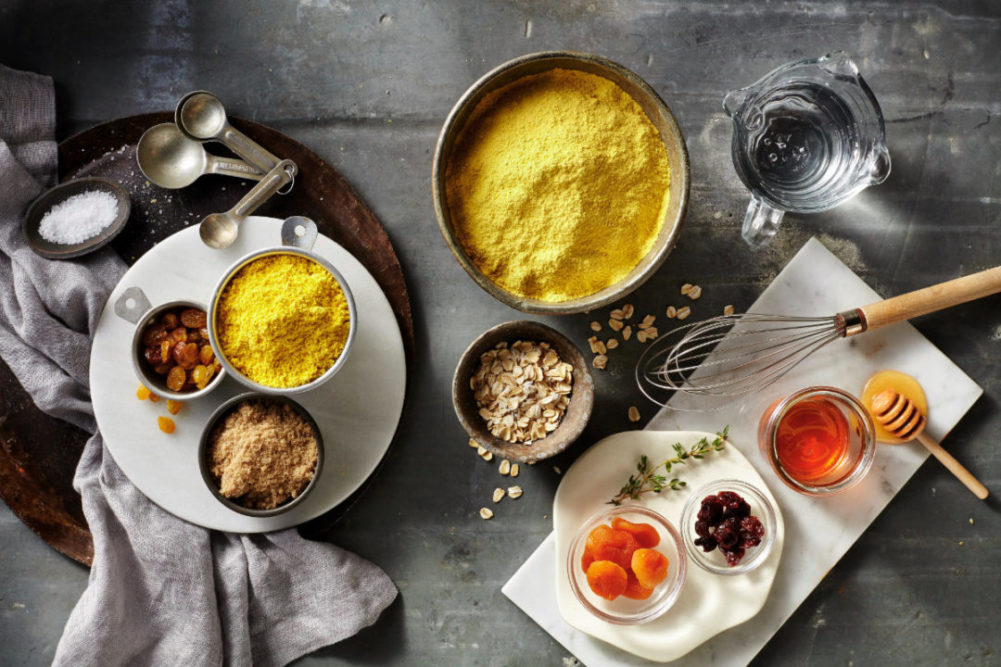AMSTERDAM, THE NETHERLANDS — Corbion NV is implementing price increases and altering its outlook for the fiscal year due to rising input costs. The price increases are needed because broad-based inflation is happening across all the company’s input factors, said Eddy van Rhede van der Kloot, chief financial officer.
“So this is about key raw materials,” he said in an Aug. 10 earnings call to discuss first-half financial results. “It is about helping raw materials, and it is about packaging. It is about energy. It is about the freight tariffs.”
Corbion’s input costs could increase by €80 million ($94 million) to €90 million ($105 million) over a two-year period, he said. About €50 million to €55 million will hit the company’s core business.
“So if you look at the size of what that does in terms of the size of the business, you’re typically looking at about 5.5% to 6% price increases that we would require if you want to offset that amount of (increased input costs),” Mr. van Rhede van der Kloot said.
The remaining €30 million to €35 million will hit the non-core business, where the main component is soybean oil.
Corbion has hedged inputs like sugar, corn, soybean oil and energy into 2022, but hedging accounts for about one-third of input costs, Mr. van Rhede van der Kloot said. The other two-thirds are contracted annually, which means margin recovery improvements will not become visible until 2022. Corbion lowered its outlook for adjustable EBITDA margins for its core activities to a range of 13% to 15% in 2021, which was down from a previous range of over 15%. Corbion expects adjusted EBITDA margin for core activities to recover in 2022 and be above 15%.
Amsterdam-based Corbion reported adjusted EBITDA of €77.1 million ($90.4 million) in the first half, which was down 8% from €83.8 million from the same time of the previous year, but organic growth was 4.7%. Net sales grew 4.8% to €515.6 million ($604.3 million) from €492.2 million while organic sales growth was over 15%. Corbion raised its full-year outlook for organic net sales growth to a range of 12% to 15%, which was up from a previous range of 7% to 10%.
Within Corbion’s Sustainable Food Solutions business unit, first-half sales grew 6% to €284.1 million. Organic sales growth was 15%. First-half sales growth in natural preservation was the highest in Corbion’s history, driven by continued interest in replacing fossil-based ingredients and synthetic ingredients, an improved pipeline, and higher win rates.
In the Lactic Acid and Specialties business unit, first-half sales of €151 million marked a 7% increase from the same time of the previous year. Organic sales growth was 13%. In the Incubator business unit, first-half sales more than doubled to €11.8 million as the aquaculture sector became more receptive to using sustainable feed ingredients like Corbion’s AlgaPrime DHA. In non-core business, first-half sales fell 12% to €68.7 million although organic sales grew 10% behind a strong performance in emulsifiers. The frozen dough business was divested on Jan. 11.





